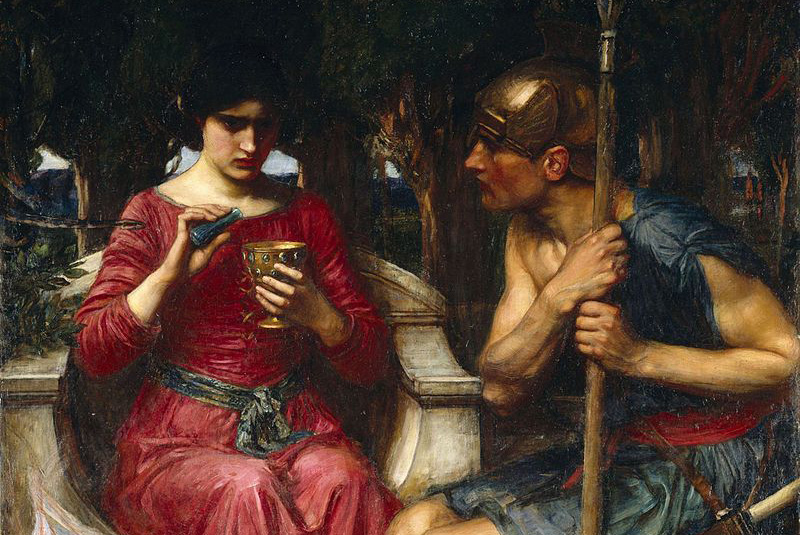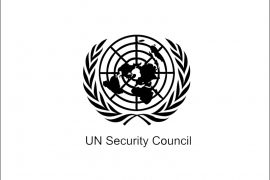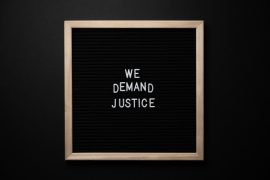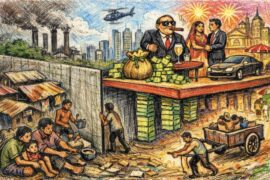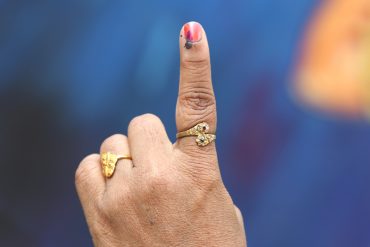In the wake of the poisoning of Syrian civilians and Russian dissidents in the UK, the world community has re-affirmed its opposition to the use of poison as a weapon. This global consensus is rooted in horror over the use of chemical weapons in the trenches of World War I—the “Chemists’ War”—that ended one hundred years ago. The Geneva Protocol followed in 1925, as did the Chemical Weapons Convention in 1993, establishing the Organisation for the Prohibition of Chemical Weapons.
But there is a longer and more ethically complicated history to our attitude toward poison as a weapon. In the Anglophone world, there is a centuries-old assumption that fighting with violence is somehow less vile than fighting with poison.
This idea is probably grounded in the historical model of the duel, where two men of roughly matched strength, skill and weapons fought it out. But poison is different, my students at the University of Wisconsin–Madison tell me. It is sneaky, tricky, and unfair because “you can’t fight back.”
Copyright©Madras Courier, All Rights Reserved. You may share using our article tools. Please don't cut articles from madrascourier.com and redistribute by email, post to the web, mobile phone or social media.Please send in your feed back and comments to [email protected]

